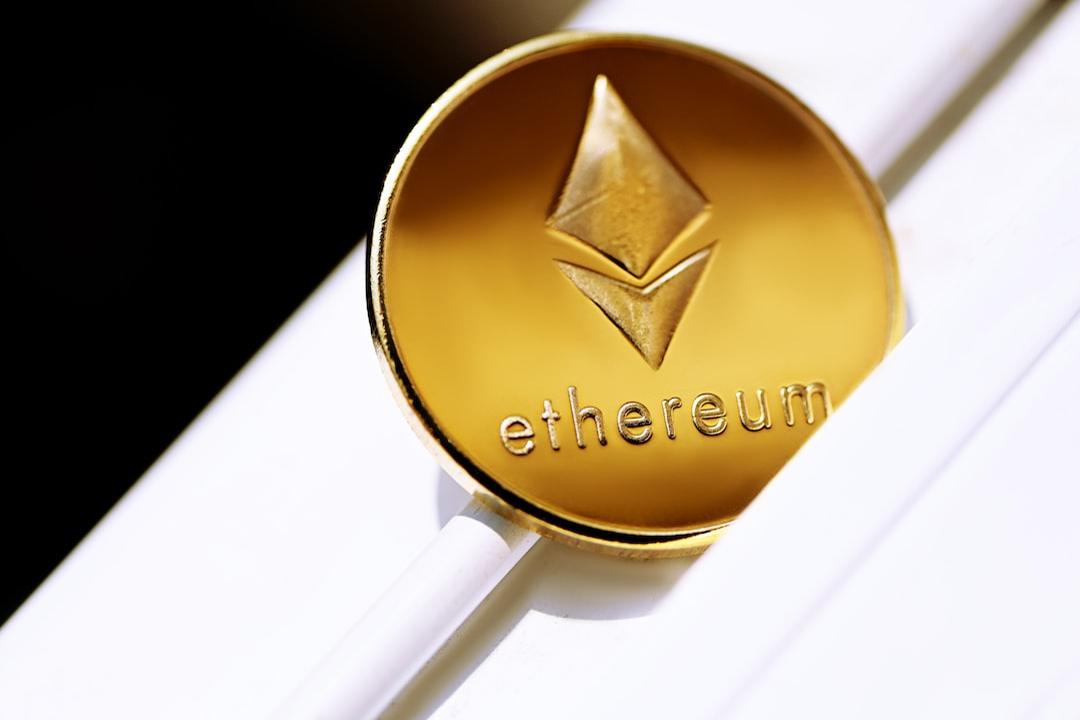Just a week after the launch of ERC-404, an unofficial Ethereum standard that combines the features of fungible and non-fungible tokens (NFTs), a new team of developers claims to have outdone it with DN404. DN404, also known as the “Divisible NFT” standard, aims to be a hybrid of ERC-20 and ERC-721 tokens. According to the pseudonymous developer “cygaar,” the proposed standard allows NFT holders to trade fractionalized portions of their NFTs with others.
Cygaar explained that their goal was to create a token standard that could act as an NFT with built-in native fractionalization. They criticized ERC-404, stating that it doesn’t follow existing standards, is inefficient, and breaks in certain edge cases. While ERC-404 can interact with ERC-20 tokens and ERC-721 NFT contracts, it still requires protocols to implement ERC-404 for its tokens to work properly.
On the other hand, DN404’s approach involves using two contracts: a “base” ERC-20 and a “mirror” ERC-721. Cygaar claimed that this approach is fully compliant with protocols “out of the box.” Trading primarily occurs on the ERC-20 token contract, which represents fractions of the NFTs. When base ERC-20 tokens are transferred, the mirrored NFTs are automatically burned and minted. If a wallet holds at least one base unit, it receives an NFT on the mirrored contract, and NFTs are burned when the wallet holds less than the minimum base unit amount.
The ultimate goal of DN404 is to allow users to trade portions of NFTs without intermediaries and enable NFTs to be traded on both NFT exchanges and decentralized exchanges. However, the developer warned that the code has not been formally audited, and users should proceed at their own risk.
In addition to DN404’s claims, there were concerns about the safety of ERC-404. One of DN404’s developers, known as “quit,” pointed out a possible vulnerability that could allow ERC-404 token holders to steal NFTs deposited into lending protocols that were incorrectly configured for ERC-404. However, the ERC-404 developer, known as “ctrl,” dismissed these concerns and argued that “quit” had created a contract that improperly uses the standard, leading to the vulnerability. He stated that Pandora, the project auditing ERC-404, was working on a more mature iteration of the standard that addresses integration.
Overall, DN404 presents itself as a superior alternative to ERC-404, offering a hybrid token standard that allows for fractionalized trading of NFTs. However, users should exercise caution as the code has not undergone a formal audit.

